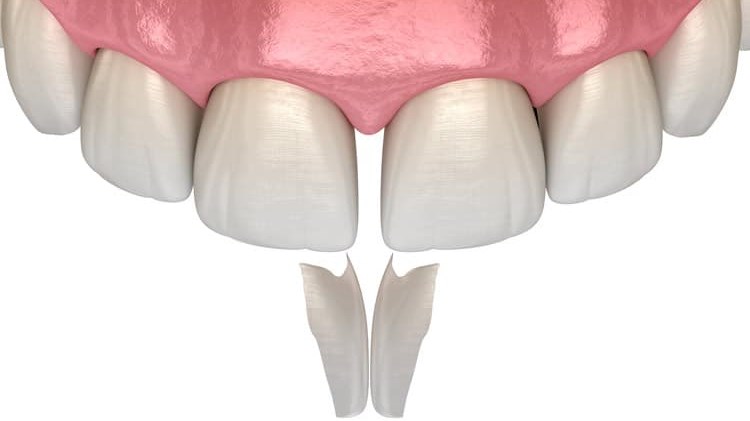Dental Bonding
&srotate=0)
Dental Bonding: A Quick, Affordable Fix for Your Smile
Are you self-conscious about a chipped, cracked, or discolored tooth? Do you have small gaps between your teeth that you'd like to close? If so, dental bonding might be the perfect solution for you.
What is Dental Bonding?
Dental bonding is a cosmetic dental procedure that uses a tooth-colored resin material to improve the appearance of your teeth. This resin is applied to the affected teeth, shaped, and hardened with a special light. It's a versatile procedure that can be used to address a variety of dental imperfections.
Why Choose Dental Bonding?
There are many reasons why dental bonding is a popular choice among patients:
Affordable: It's significantly less expensive than other cosmetic dental procedures, such as veneers or crowns.
Quick and Easy: The procedure is typically completed in one office visit and often doesn't require anesthesia.
Painless: Most patients report little to no discomfort during the procedure.
Natural-Looking: The resin is carefully matched to the color of your natural teeth, ensuring a seamless blend.
Versatile: It can be used to repair chips, cracks, discoloration, gaps, and even reshape teeth.
What to Expect During the Procedure
Preparation: Your dentist will roughen the surface of your tooth and apply a conditioning liquid to help the bonding material adhere.
Application: The tooth-colored resin is applied to your tooth and carefully shaped to match the desired look.
Hardening: A special light is used to harden the resin and bond it to your tooth.
Polishing: Once the resin is hardened, your dentist will trim and polish it for a smooth, natural finish.
Aftercare and Maintenance
Dental bonding is relatively low-maintenance. However, to ensure its longevity, it's important to maintain good oral hygiene practices, including brushing twice a day, flossing daily, and visiting your dentist for regular checkups and cleanings.
Is Dental Bonding Right for You?
Dental bonding is a great option for many people, but it's not suitable for everyone. It's best for minor cosmetic fixes and may not be appropriate for larger restorations or severely damaged teeth.
If you're considering dental bonding, schedule a consultation with your dentist. They can assess your individual needs and recommend the best course of treatment to help you achieve your desired smile.